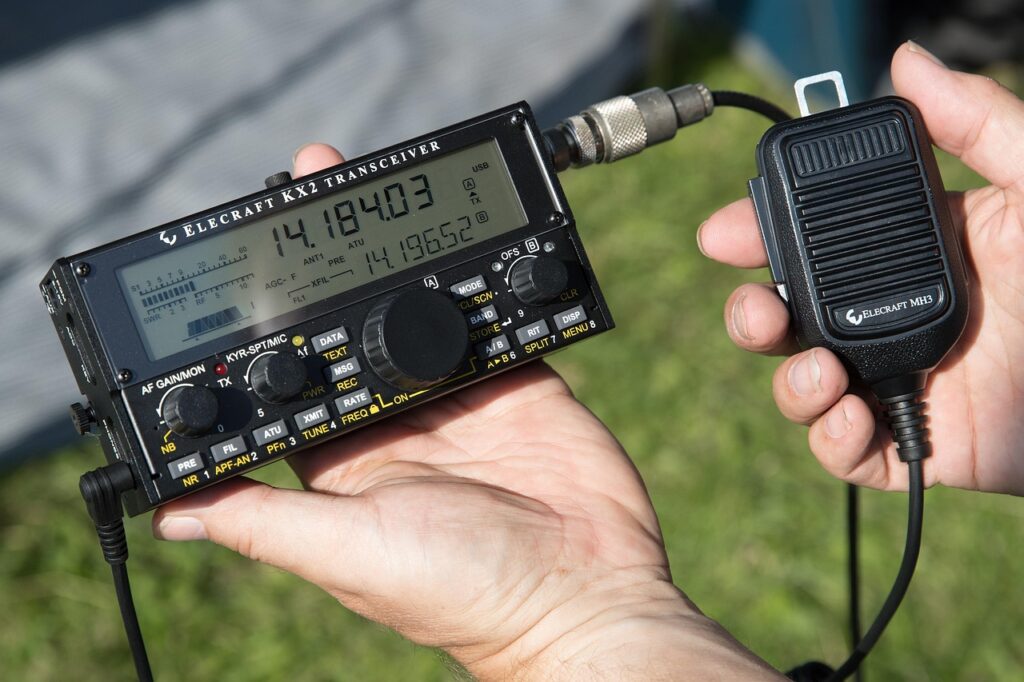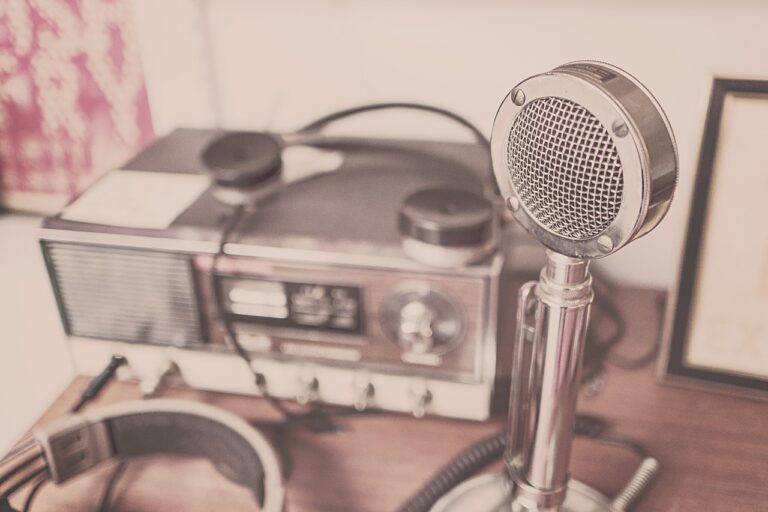Update: our FCC comment was submitted on behalf of those who signed the petition. Thank you for your help.

Why Amateur Radio Matters
Amateur radio, also known as “ham radio,” is more than just a hobby—it’s a vital public service. Ham operators provide emergency communications during disasters, support scientific research, and foster technological innovation. The FCC is currently reviewing regulations, and without action, we risk losing critical amateur radio protections.
The Threat: FCC Deregulation
Under a new deregulation mandate, the FCC is soliciting public input on rules that may be deemed outdated or unnecessary. If amateur radio frequencies are seen as underutilized or commercially valuable, they could be auctioned off to corporate interests, permanently limiting our ability to operate.

Why This Matters
Amateur radio may seem antiquated, but its unique capabilities make it irreplaceable in certain scenarios. Here’s why preserving these frequencies is crucial:
Emergency Communications: When natural disasters take out cell towers and internet infrastructure, ham radio remains operational. Examples:
- During Hurricane Katrina, amateur radio operators provided vital communication links when all other systems failed.
- In the aftermath of Hurricane Maria, ham radio operators were instrumental in relaying messages from Puerto Rico when conventional communications were disrupted.
- During Hurricane Harvey, ham radio operators sprung into action to set up temporary communication networks when cell phones failed.
- Ham radio operators volunteer with their own equipment to help their friends and neighbors by setting up emergency communication systems.
STEM Education & Innovation: Ham radio is a gateway into engineering, physics, and communications.
- NASA collaborates with amateur radio operators to enable astronauts to communicate directly with students on Earth, inspiring interest in science and technology careers.
- The ARISS program allows students worldwide to engage in direct communication with ISS crew members, fostering interest in STEM fields.
National Security & Disaster Preparedness: Amateur radio provides decentralized, independent communication that cannot be easily disrupted by cyberattacks or infrastructure failures.
- The Department of Homeland Security recognizes amateur radio as a critical backup for emergency communications.
- Ham networks have supported military and intelligence operations when other communication lines were compromised.
- Survivalists rely on ham radios for emergency preparedness.
Community Service & Public Events: Ham operators provide free communication support for public safety efforts.
- Large-scale events like marathons and parades rely on ham radio volunteers to coordinate safety and logistics.
- During wildfires and other emergencies, hams have been instrumental in relaying evacuation orders when official channels were down.
International Disaster Response & Global Connectivity:
- After the 2004 Indian Ocean tsunami, amateur radio operators provided essential communication links in affected regions where infrastructure was destroyed.
- During the 2008 Sichuan earthquake in China, ham radio operators were among the first to establish emergency communications, aiding in relief efforts.
Reliable Communication in Rural and Remote Areas:
- In Alaska, many off-grid communities rely on amateur radio for essential communication where there is no access to cellular networks.
- Sailors, mountaineers, and researchers depend on ham radio for long-range communication in extreme environments, ensuring safety and coordination.
Ham Radio in Cybersecurity & Emergency Drills:
- In simulations of cyberattacks on critical infrastructure, ham radio networks have proven to be reliable communication channels when conventional systems are compromised.
- Government agencies conduct nationwide emergency drills with ham radio operators as key participants, highlighting their importance in disaster preparedness.
What You Can Do
1. Submit Comments to the FCC (Deadline: April 11, 2025)
The FCC is accepting public input on potential deregulation. It’s critical that amateur operators and supporters submit comments to ensure our voice is heard.
- How to Submit Comments:
- Upload Document: Standard Filing
- Express Comment: Express Filing
- Docket Number: GN Docket No. 25-133
- Sample Comments: Example 1 – Example 2 – Example 3
2. Contact Your Lawmakers
Inform your representatives that amateur radio must be protected. We’ll provide a template letter you can send.
3. Sign the Petition
Understanding the Policy Factors
When submitting comments, be sure to address the FCC’s review criteria:
- Cost-benefit considerations: Amateur radio’s public service role far outweighs any perceived burden.
- Implementation experience: Ham radio has consistently demonstrated its importance in emergencies.
- Market & technology changes: Unlike commercial networks, ham radio operates independently and is irreplaceable.
- Regulatory fairness: Amateur operators provide a unique service without profit motives.
See HERE for a statement from the ARRL regarding this topic.
Join the Fight to Protect Amateur Radio
Stay informed, get involved, and help us ensure that the airwaves remain open for public use. Sign up for updates and take action today!
